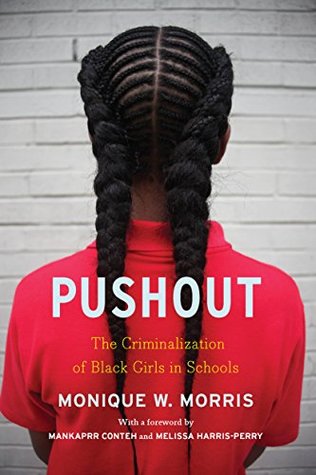These questions are associated with the core pillars of restorative justice: (1) a focus on harm, (2) the understanding that wrongdoing results in certain obligations, and (3) the understanding that restorative justice requires participation and engagement.29 Ada Pecos Melton has offered the view that restorative justice is an extension of the “indigenous paradigm” of justice that is based on a “holistic” philosophy, in which “a circle of justice … connects everyone involved with a problem or conflict on a continuum, with everyone focused on the same center. The center of the circle represents
...more
Welcome back. Just a moment while we sign you in to your Goodreads account.


